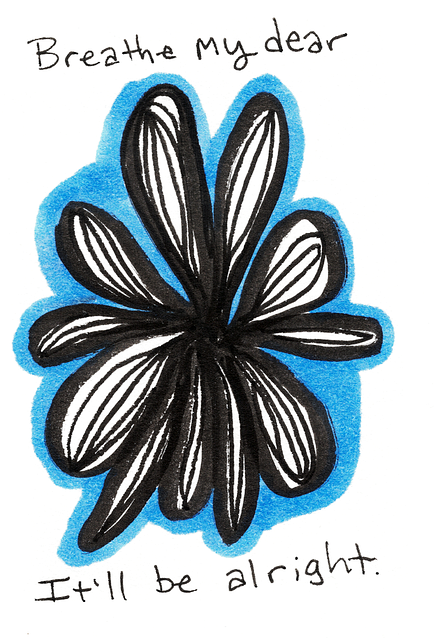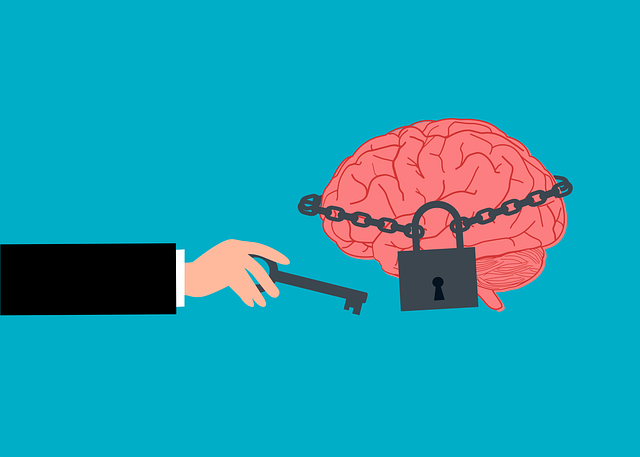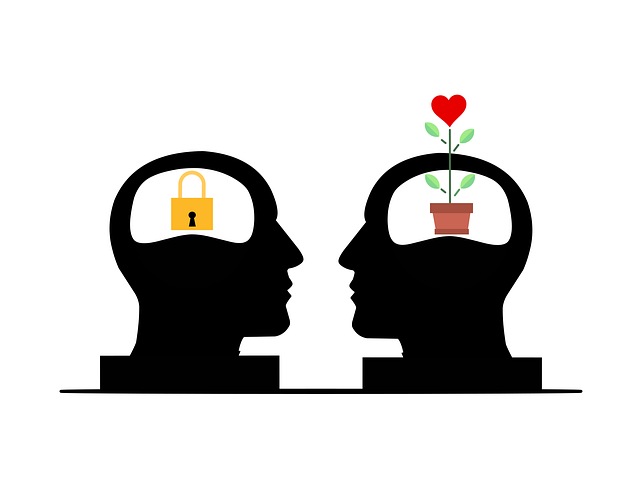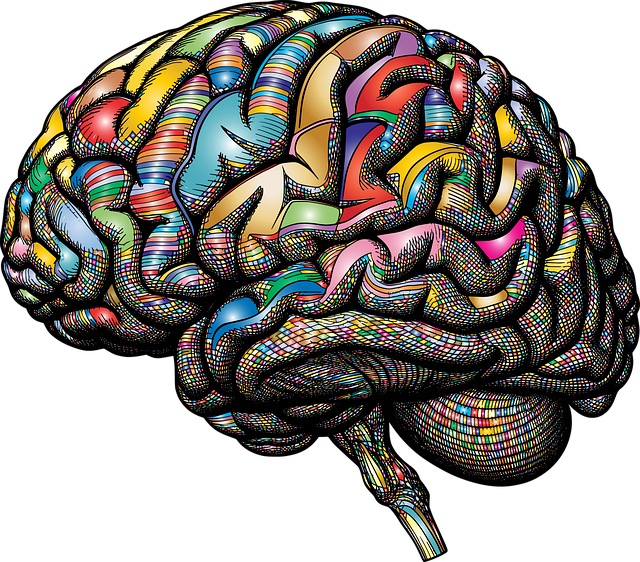Castle Rock Mindfulness Therapy champions mental wellness through integrated approaches combining mindfulness, cognitive-behavioral therapy, and evidence-based practices. They break down stigma and advocate for accessible services via Public Awareness Campaigns and Mental Health Policy Analysis. Their unique, present-moment awareness focus equips individuals with tools to manage challenges, fostering resilience and emotional balance. Offering stress management workshops, sleep, nutrition, and exercise guidance, they promote holistic self-care. Community outreach programs target barriers to mental health support, encouraging early intervention for improved outcomes.
Mental wellness promotion is a multifaceted approach that involves understanding, nurturing, and sustaining our emotional, psychological, and social well-being. In today’s fast-paced world, prioritizing mental health is more crucial than ever. This article delves into essential aspects of mental wellness, including the role of Castle Rock Mindfulness Therapy, practical strategies for daily life, and overcoming barriers to seeking professional help. By exploring these topics, we aim to equip folks with tools to thrive and cultivate resilience.
- Understanding Mental Wellness and Its Significance
- The Role of Castle Rock Mindfulness Therapy
- Strategies for Promoting Mental Wellbeing in Daily Life
- Overcoming Barriers to Seeking Support and Professional Help
Understanding Mental Wellness and Its Significance

Mental wellness is a fundamental aspect of overall well-being, encompassing emotional, psychological, and social health. It involves understanding and managing one’s thoughts, feelings, and behaviors to lead a fulfilling life. At Castle Rock Mindfulness Therapy, we believe that promoting mental wellness is essential for fostering resilient individuals and communities. By integrating various practices such as mindfulness, cognitive-behavioral therapy, and other evidence-based approaches, our therapists help clients develop inner strength and coping mechanisms to navigate life’s challenges.
The significance of mental wellness cannot be overstated, especially in today’s fast-paced and often stressful world. It impacts every aspect of our lives, from relationships to work performance and overall quality of life. Recognizing and prioritizing mental health is crucial, as it empowers individuals to take charge of their well-being. Through Public Awareness Campaigns Development and Mental Health Policy Analysis and Advocacy, we aim to break down stigma, educate the public, and advocate for policies that support accessible and comprehensive mental wellness services.
The Role of Castle Rock Mindfulness Therapy

Castle Rock Mindfulness Therapy offers a transformative approach to mental wellness promotion, emphasizing the power of present-moment awareness and self-compassion. This therapeutic technique is particularly effective in providing individuals with the tools to navigate life’s challenges more effectively, fostering resilience and emotional balance. By integrating mindfulness practices into their daily routines, clients develop enhanced self-awareness, improved concentration, and better stress management skills.
The Castle Rock Mindfulness Therapy program incorporates elements of crisis intervention guidance, tailoring sessions to meet individual needs. It also includes the design of comprehensive mental health education programs that equip participants with strategies for maintaining long-term mental well-being. Additionally, the therapy boosts confidence by helping individuals challenge negative thought patterns and cultivating a more positive self-image.
Strategies for Promoting Mental Wellbeing in Daily Life

Promoting mental wellbeing in daily life can be a powerful tool for enhancing overall quality of life, and Castle Rock Mindfulness Therapy offers valuable insights in this regard. One effective strategy is incorporating stress management workshops that teach techniques such as mindfulness meditation, deep breathing exercises, and progressive muscle relaxation. These practices help individuals navigate the challenges of modern life with greater resilience.
Additionally, emotional well-being promotion techniques like regular self-care practices—such as adequate sleep, balanced nutrition, and physical exercise—are essential. Encouraging open communication and building strong social connections also contribute significantly to mental wellness. Organizations can play a vital role by facilitating these practices through workshops, support groups, and awareness campaigns, ultimately fostering healthier and happier communities.
Overcoming Barriers to Seeking Support and Professional Help

Overcoming barriers to seeking support is a significant step toward enhancing mental wellness. Many individuals struggle with reaching out for professional help due to various reasons. Stigma surrounding mental health issues often acts as a formidable obstacle, leading to feelings of shame and embarrassment. This cultural stigma can deter people from discussing their struggles openly and pursuing therapy. At Castle Rock Mindfulness Therapy, we understand these challenges and strive to create a safe, non-judgmental space for all clients.
Another common barrier is the fear of unknown outcomes or concerns about cost. Burnout prevention strategies for healthcare providers emphasize the importance of self-care, which includes recognizing when professional support is necessary. Community outreach program implementation can play a pivotal role in breaking down these barriers by providing accessible and affordable resources. Effective communication strategies, tailored to individual needs, can facilitate conversations around mental health, encouraging early intervention and improved outcomes.
Mental wellness is a cornerstone of overall health, and promoting it involves a multifaceted approach. As discussed, understanding mental wellness and its significance is the first step. Castle Rock Mindfulness Therapy offers effective strategies to cultivate mindfulness, reduce stress, and enhance emotional well-being. Daily practices, such as those outlined in this article, can significantly contribute to maintaining mental resilience. Overcoming barriers to seeking support, including stigma and fear, is crucial. By embracing accessible tools and professional help, individuals can navigate life’s challenges more effectively, fostering a healthier and happier mind.














